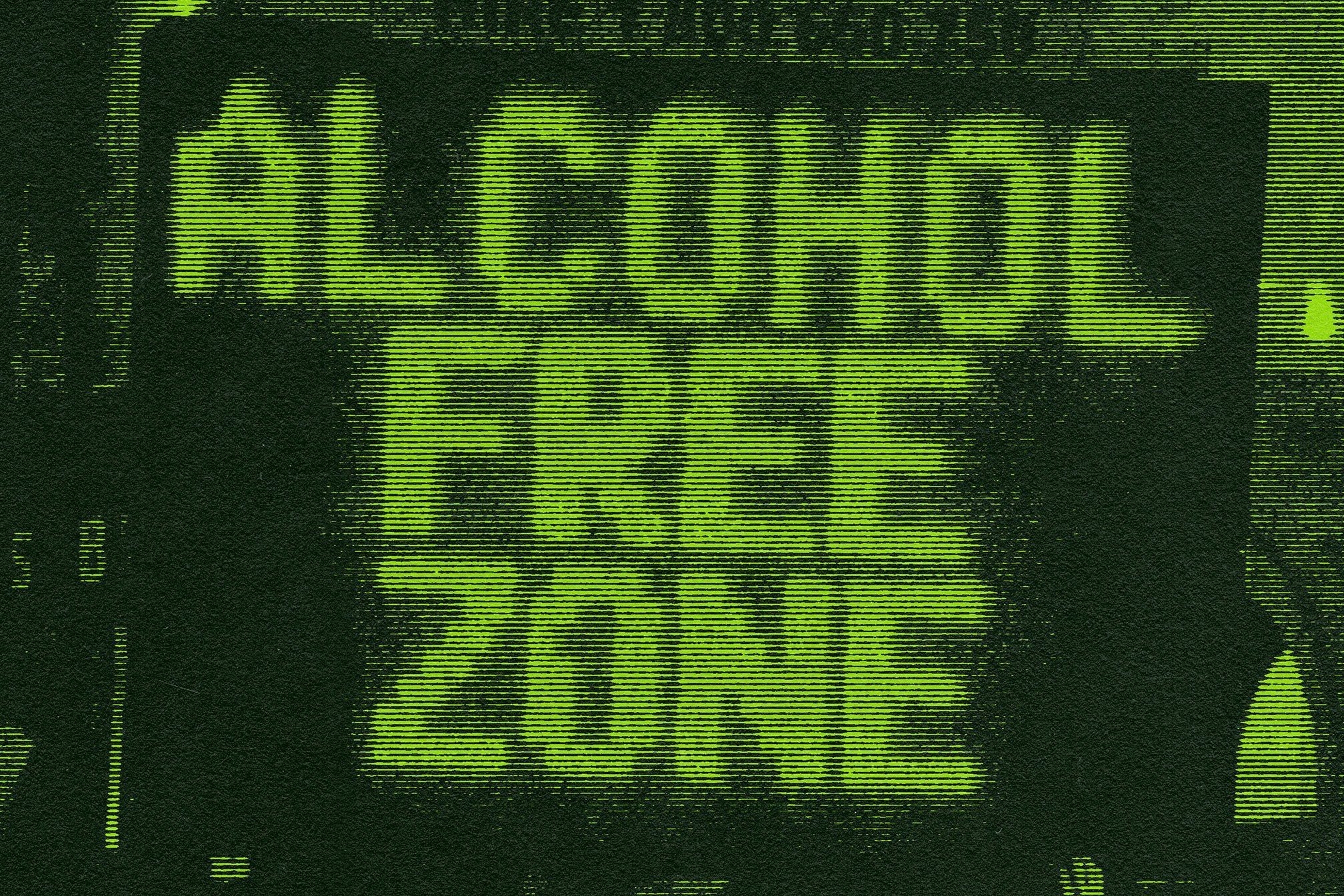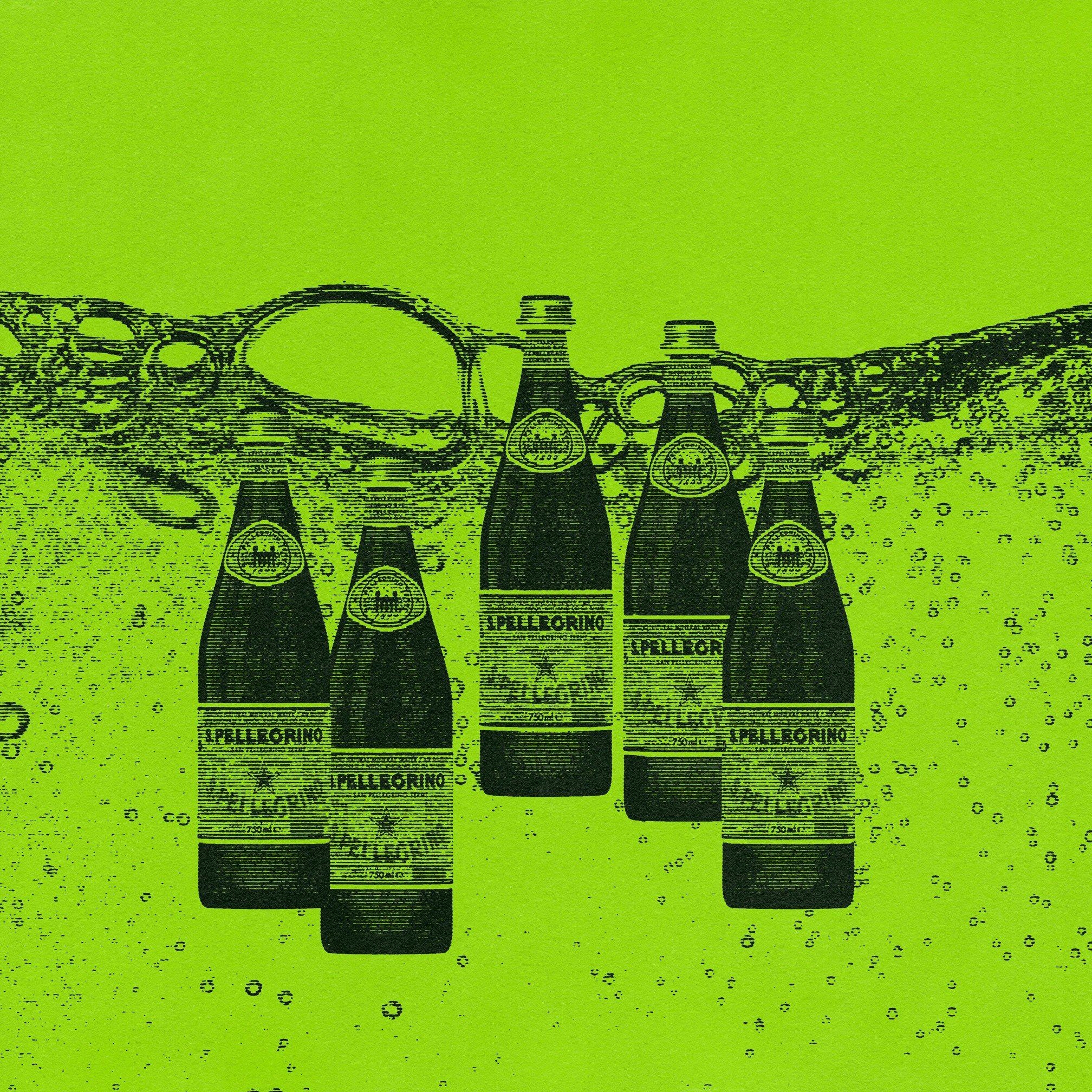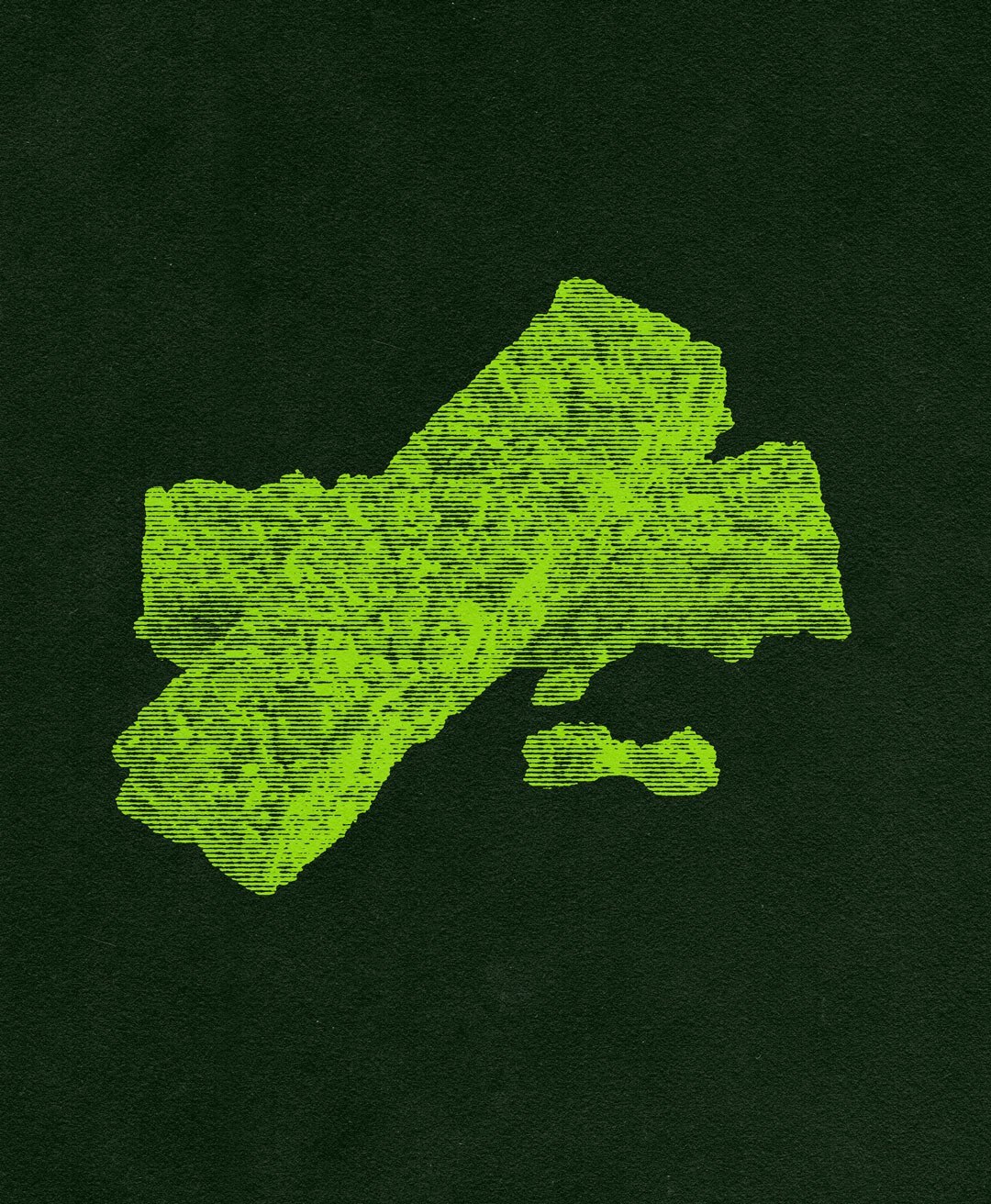 Features
Features
“A clear head on a Sunday morning is a gift”: Why DJs & ravers are embracing sobriety
Niamh Ingram explores the benefits sobriety can bring for people involved in dance music, including in-depth chats with Patrick Topping, Rebekah and Radio Slave
When UK clubs reopened for the first time in 16 months in 2021, thousands flocked to nightlife relaunch events in July. After a long, gruelling lockdown — a time in which The Guardian reported a marked increase in alcohol consumption but declining rates of 'party drug' use — you didn’t have to look far to see the warmer months dubbed as the ‘third summer of love’, with higher levels of substance use an assumed by-product of the return to clubbing.
In the times that followed, the sector has witnessed numerous substance-based issues in the scramble to meet demand, including reports of fake MDMA circulating and the UK’s strongest ever ecstasy pill being discovered in the autumn months. There's also been an alarming increase in spiking via drinks and allegedly through needles, too.
While the mid-summer liberation of clubs saw many partygoers consume substances with no plans of stopping, recent news stories, personal experiences and the turn of the new year are providing many with a clean slate to create new habits and unlearn old.
A quarter of people surveyed by charity Action on Addiction said their drinking increased in lockdown, and nearly a quarter of people experiencing problems with their intake said they would need support or treatment to resolve them.
And now, increasing numbers of DJs are becoming a source of support. Sobriety is no longer uncommon in clubland, and many figureheads in the nightlife industry are speaking about their experiences. One example is Fat Tony, star of a Mixmag documentary in which he revealed "I've spent a million pounds on drugs" and is now 15 years clean and sober, who explores his journey alongside other celebrities in his show The Recovery. Ravers themselves are also setting up social media pages to share their experiences, such as Chelsie Cahoon’s Music Is The Drug.
In an industry associated with ecstasy and alcohol-fuelled dances until the early hours, sobriety can be dangerously stigmatised with bad habits too readily encouraged. An effect of this is that, for some, the decision to get sober becomes enforced due to the hazardous health consequences of continuing a drink and drug-fuelled party lifestyle. For others it doesn't always reach that point, but they still make a conscious choice to cut drink and drugs out of their life.
We’ve journeyed deeper into reasons for embarking on sobriety - not always strictly T-totality, but also people who value periods of sobriety - and the benefits that it can bring to an individual in the nightlife sector.
Patrick Topping - producer, DJ and head of label and events brand Trick - isn’t T-total or fully sober, but is an active advocate of sober raving. In the past, he’s done two long sober stretches: more a year including all of 2018, and more recently abstaining for eight months. Since the UK lockdown ended, each set he’s performed has been sober.
“I went sober for a few reasons, mainly because I was sick of feeling horrific after a night on the drink or a bender. It had actually started to tarnish the enjoyment of DJing a little bit too, and was making the prospect of doing a gig seem daunting sometimes, because I knew I was in for a big one and the aftermath that followed. That was against why I got into this in the first place, I should be fully looking forward to all gigs.
“Another reason was that I’m so grateful to be involved with my passion of music as a full-time career and I wanted to make the most of this opportunity. I think partying gets in the way of being productive and I knew if I wanted to reach my full potential, I would have to wind it in considerably.”

DJ and Rekids founder Radio Slave, aka Matt Edwards, also notes the focus on making music as a motivation for exploring sobriety.
“I guess like most people I’ve had moments of sobriety in my adult life and I’ve tried being sober a number of times,” he explains. “Eight years ago I managed almost two years. That was brought on by health issues, hospitalisation and having my tonsils removed. So I was kind of forced into it. This time - and it’s been almost a year - I decided that I really wanted a clean break and that it could be for good. I have a family, small kids and also running Rekids requires a huge amount of my time. I’m responsible for a lot of artists who need my help and guidance in what is a very difficult business.
“I should add that I’m also not anti-drugs or alcohol,” he adds, “but for me I feel like I know every scenario when it comes to partying and right now I’d rather be productive, make music and try and survive this ongoing pandemic, which sometimes feels like one long hangover.”
For others, the decision to turn sober is nothing short of life-changing. Producer and DJ Rebekah - who has just launched campaign ForTheMusic, tackling sexual harassment in the dance music community - explains her reasoning for stepping away from the substances.
“My partying, which spanned over 15 years, was out of control in the end. My life was at a real standstill: I was sneaking drugs behind my then-boyfriend's back, suicidal thoughts plagued me, but still I couldn’t stop. I suppose deciding to go sober was because of hitting this rock bottom, one that I was dwelling in for around five years. I had counselling, which helped with beating myself up about taking drugs, but it still left me with the person who wanted to take drugs — the habit was still there. With no consequences, not even myself who was always torn between wanting to partying and wanting to stop, the depression and drug-taking got worse.
“When I began waking up on a Monday morning after a weekend of partying and ordering more drugs I knew then that this had to stop, something clicked. I made some drastic changes - I finished with my boyfriend, moved out of our home together, started going to get help and began my path of recovery, literally starting from nothing.”
Regardless of varying motivation to step back from consuming alcohol and/or drugs, the individuals we spoke to were all aligned in acknowledging the benefits of their decision.
One anonymous member of the Mixmag crew, who stepped away from alcohol due to medical reasons, describes the feeling of sobriety as “a sense of feeling completely aware and in full control.” In our discussion, they also add that “while drinking would be chaos on my medication and with my health problems for one, a clear head on Sunday morning is a gift!”
Edwards echoes this sentiment: “I like waking up and feeling sharp and I definitely do not miss the hangovers. I’m also way more creative and more focused with my work and for some reason it feels kind of rebellious to not drink.”
Noticing an increased focus and development as a musician was something especially highlighted by Topping. “I can’t recommend it enough. I grew so much as a person by fully abstaining from everything, as it took me out of my comfort zone and made me become more confident in myself, at socialising and as an artist and performer.”
“Another benefit was that I actually enjoyed DJing more than ever: I’ve never had as big highs in my life as I have DJing sober! I didn’t realise how much the drink numbed the experience, until I cut it out. Once I got used to playing sober, the buzz from playing was next level. I take it all in more and get full-on goosebumps all the time, instead of just being spaced out and not remembering it. I also think I play better sober. I can play when I’m loose but sober DJing is better. An unexpected benefit is how much I enjoy being in full control when out, not worrying if I’ve made an idiot out of myself, instead knowing I’ve handled myself the best I could.”
Development as a musician is one dimension of sobriety: but for ravers and DJs alike, it can allow the development of a completely new life.
“I matured into the person I always was meant to be,” Rebekah explains. “Taking substances from a young age definitely stunted my emotional growth. I dealt with my past, my resentments, I let go of all control and expectations. I began building new healthier habits. I have total freedom now.”
“Don’t get me wrong, this all sounds very much like cloud nine words associated with recovery, but rebuilding the foundations has set me on a really positive track, with everything that happens and comes into my life now being a product of that. It's not always plain sailing, but I have tools that can help me get through the toughest aspects of life: those that would have usually been solved with a drink, tablet or line.”
Graeme Callander - of drugs, alcohol and mental health charity We Are With You - reinforces the benefits noted by the DJs we spoke to. “Drinking less or no alcohol has several positive health impacts. For instance—given that alcohol is a depressant substance and can have an impact on underlying mental health conditions—it can improve mental health and overall wellbeing.
“Alcohol can also lower our inhibitions, leading to further risk taking, which, in turn, can have negative consequences. Some reports suggest that sobriety is becoming more socially acceptable—with an increase in alcohol-free venues and low/zero alcohol products more widely available.”

Now, waxing lyrical about sobriety is all well and good: but how can it actually be done? Especially in a time plagued by resolutions and renewal, where do you start? Some DJs have already shared their tips for going sober with Mixmag, but Rebekah, Topping and Edwards have given some advice too — even if the choice to go sober is for a brief period. No matter the reasoning, their thoughts have you covered.
“I want people to know that sober raving can be just as fun,” Topping explains. “Honestly, I wish more people would give it a go. It’s something that might not come straight away, as it felt unnatural to me to begin with, because I was always a raver who got fully amongst it every single time I went out and even every single time I DJed for the first few years of my career. So, I did find the transition a little hard, but I gave it a few goes and got more confident each time. As I gained more sober experience, it became easier and better each time.
“One bit of key advice is don’t cave in straight away. Personally, I found when I first went out it was kind of hard, but if I just kept going and pushed on through that initial jarring experience of the first hour or so, things settled down and I started to enjoy it. Once other people get more loose, they start giving off a higher energy which is infectious, and you start having a class time vibing off that too. Also, nobody really cares if your sober; if they do care, then fuck them, because they should respect what you're trying to do. Peer pressure can be hard, but I found that after a while, people stopped asking me because they knew I wouldn’t be drinking, and they just don't bother wasting their time.
“Most people probably don’t even know if you're sober, so get involved as much as you can. Have a dance, don’t stay for only an hour or put up barriers. Instead, just try to get involved in the craic as much as possible. It really doesn’t matter to your mates - if you're still fun to be around, then nobody is going to be bothered if you're drinking or not.”
Radio Slave emphasised the motivation needed to explore sobriety.
“If you’re considering going sober then you really have to want to stop,” adds Edwards. “Once I’d made the decision it was easy, but I’ve had my own experiences with sobriety in the past.
“I’d also recommend seeking help and although I’ve not attended an AA meeting, I know members in Berlin - from what I’ve heard the meetings can be fun and a great way to connect with like-minded people who are looking for a life without the booze.”
Rebekah echoes the importance of reaching out, and the value that it can bring.
“Get the help you need, whether that’s counselling and/or support groups.
“Talk to people about how you’re feeling and know that you are not a burden to anyone by sharing and opening up. At our core, humans are wired up to be there for one another. Most of all be kind to yourself: those internal voices and how we speak to ourselves can keep us locked in addiction, so gaining an understanding about how addiction works and what causes it can really give the freedom to get sober and maintain it.”
We’ve added resources at the end of this article providing resources and avenues to explore if you feel you need to seek help.
At the end of our chat, Topping rounds back to the ultimate substance that binds this community together: the dancefloor.
“For me, it's not all about the drink or the sesh, it’s primarily all about the music. The sesh can be good and can enhance things, but there is a lot of fun to be had sober raving too. There are different elements which you can enjoy sober - I know I get a different level of natural buzz because I’m DJing, but there've been occasions where I haven’t been playing and I’ve went out sober raving and still had such a mint time. I did Time Warp in Germany sober once! Stayed till about 7:AM and had a class time. Once I settled into it, it was so good.”
7:AM? It can be done, people. We believe in you.
For further guidance and assistance on the topics discussed in this article, you can utilise the following resources, charities and helplines:
Alcoholics Anonymous (AA)
Drinkline - freephone 0300 123 1110 (weekdays 9am-8pm, weekends 11am-4pm)


